Ozgur Guler
Defensive Distillation based Adversarial Attacks Mitigation Method for Channel Estimation using Deep Learning Models in Next-Generation Wireless Networks
Aug 12, 2022
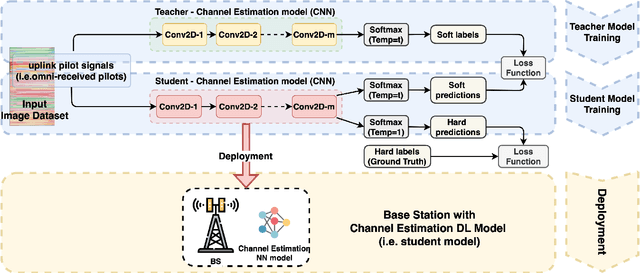
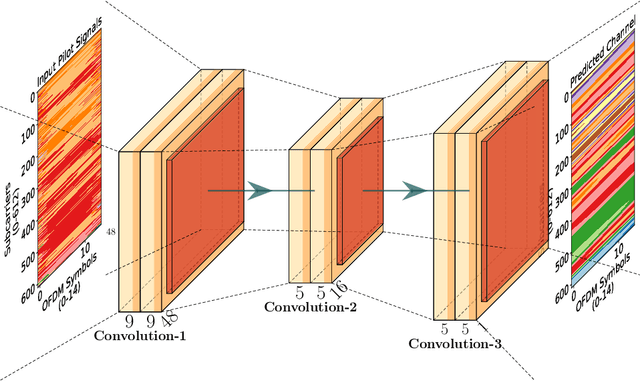
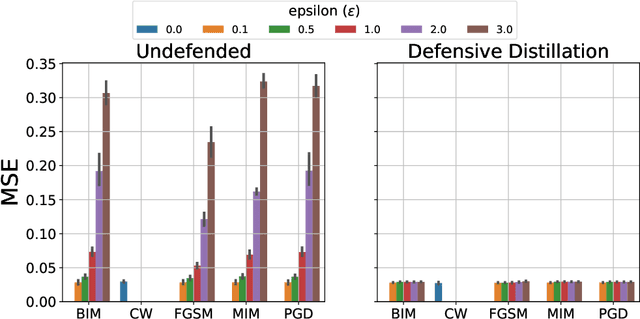
Abstract:Future wireless networks (5G and beyond) are the vision of forthcoming cellular systems, connecting billions of devices and people together. In the last decades, cellular networks have been dramatically growth with advanced telecommunication technologies for high-speed data transmission, high cell capacity, and low latency. The main goal of those technologies is to support a wide range of new applications, such as virtual reality, metaverse, telehealth, online education, autonomous and flying vehicles, smart cities, smart grids, advanced manufacturing, and many more. The key motivation of NextG networks is to meet the high demand for those applications by improving and optimizing network functions. Artificial Intelligence (AI) has a high potential to achieve these requirements by being integrated in applications throughout all layers of the network. However, the security concerns on network functions of NextG using AI-based models, i.e., model poising, have not been investigated deeply. Therefore, it needs to design efficient mitigation techniques and secure solutions for NextG networks using AI-based methods. This paper proposes a comprehensive vulnerability analysis of deep learning (DL)-based channel estimation models trained with the dataset obtained from MATLAB's 5G toolbox for adversarial attacks and defensive distillation-based mitigation methods. The adversarial attacks produce faulty results by manipulating trained DL-based models for channel estimation in NextG networks, while making models more robust against any attacks through mitigation methods. This paper also presents the performance of the proposed defensive distillation mitigation method for each adversarial attack against the channel estimation model. The results indicated that the proposed mitigation method can defend the DL-based channel estimation models against adversarial attacks in NextG networks.
The Adversarial Security Mitigations of mmWave Beamforming Prediction Models using Defensive Distillation and Adversarial Retraining
Feb 16, 2022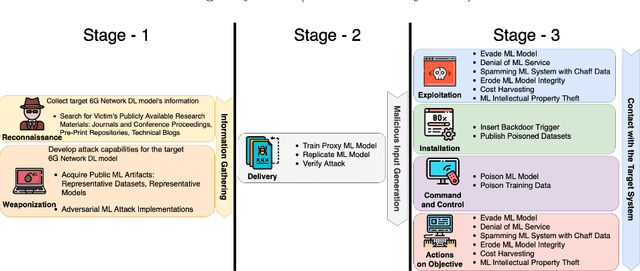


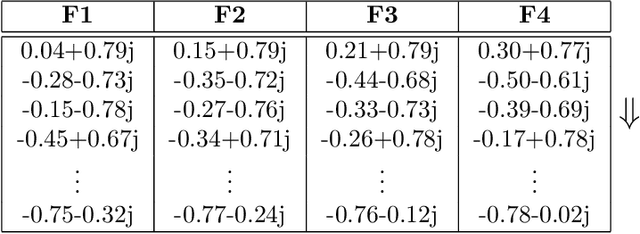
Abstract:The design of a security scheme for beamforming prediction is critical for next-generation wireless networks (5G, 6G, and beyond). However, there is no consensus about protecting the beamforming prediction using deep learning algorithms in these networks. This paper presents the security vulnerabilities in deep learning for beamforming prediction using deep neural networks (DNNs) in 6G wireless networks, which treats the beamforming prediction as a multi-output regression problem. It is indicated that the initial DNN model is vulnerable against adversarial attacks, such as Fast Gradient Sign Method (FGSM), Basic Iterative Method (BIM), Projected Gradient Descent (PGD), and Momentum Iterative Method (MIM), because the initial DNN model is sensitive to the perturbations of the adversarial samples of the training data. This study also offers two mitigation methods, such as adversarial training and defensive distillation, for adversarial attacks against artificial intelligence (AI)-based models used in the millimeter-wave (mmWave) beamforming prediction. Furthermore, the proposed scheme can be used in situations where the data are corrupted due to the adversarial examples in the training data. Experimental results show that the proposed methods effectively defend the DNN models against adversarial attacks in next-generation wireless networks.
 Add to Chrome
Add to Chrome Add to Firefox
Add to Firefox Add to Edge
Add to Edge